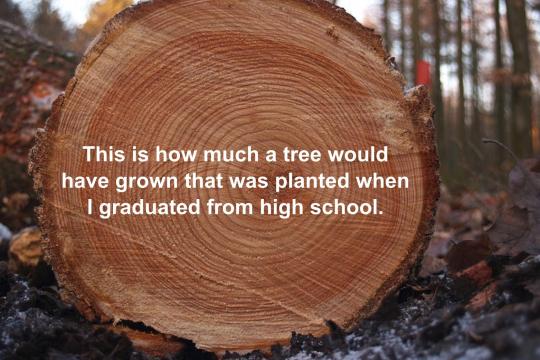Academic career

A tiny job market but the best European country to live in (considering global warming)
This month, I transitioned from Associate to Full Professor at my university. Trusting the opinion of my doctoral supervisor Kari Alitalo, my current supervisor, and mostly everybody else, I did not prepare a plan B, in case I would be denied tenure. As a Gen Xer on the Finnish job market, what could have been a realistic plan B? Looking at the international job market would make it easier to solve the problem by increasing opportunities by a factor of 100, even when considering only English- and German-speaking countries. Finland's population is only about 5.6 million, and its job market is tiny. However, going abroad is not that easy if the rest of your family is opposed to a change of scenery. And why would I leave the only country in Europe whose summer temperatures are not health-threatening? Sure, global warming also hits the Nordic countries: We just had the longest uninterrupted heatwave in Finland since people are taking measurements (22 days of >30°C). But 30°C beats 40°C hands down. For my American friends & family: 30°C = 86°F, 40°C = 104°C.
Alternatives to a scientific career at 50+
So, what last big career move would I have made? If you believe the main Finnish newspaper Helsingin Sanomat (https://www.hs.fi/suomi/art-2000011256911.html, https://www.hs.fi/mielipide/art-2000010808024.html), becoming unemployed once you have crossed the magical 50 is not fun. The fact is that, unlike in most US universities, there is no final year if you are denied tenure at a Finnish university, and I envisioned myself already sleeping under the bridge. There's a nice new one with colorful illumination, not too far from both the university and my current apartment.

Being a train driver seems to be a reasonable alternative career. After an education of only seven months, getting a salary that is close to 70% of what an associate professor gets does not sound too bad. Given the actual working time and the progressive tax system (which I fully support), the hourly salary would probably be higher. And I wouldn't be the first scientist to end up in public transport (https://en.wikipedia.org/wiki/Douglas_Prasher).
Nobody cares
Outside the ivory tower, no one cares whether you’re tenured or not. Your PhD students who quit halfway to join a data mining company make double your salary. Your smartest Master's graduates don't consider an academic career, but work regular jobs and have a life after 5 pm. Your cousin is running the country's biggest healthcare region, earning more than our prime minister. But you got tenure only to find out the prize is a slightly larger hamster wheel inside the industrial-academic publishing complex.
Documenting the journey
For the tenure process, I had to produce some paperwork and do some other things that might or might not be clear to those in front of it. If I find time, I will - similar to how I documented my journey towards docentship - write about the process and put the related documents online. Even recently, I received feedback from fresh docents who found my documentation helpful, which confirms that the way things are done at the university changes only at a glacial speed. Being slow is not necessarily a bad thing. Universities are maybe for this very reason the longest-lived institutions that humans ever invented: Companies vanish within a few decades*, the kingdoms and states that existed in 1640 (or even 1828) are all but gone, but many of the universities from this time are still going strong.
*From the 20 biggest US companies in 1917, most people only recognize four: Ford, DuPont, General Electric, and General Motors: https://americanbusinesshistory.org/largest-companies-1917-and-1929/.



